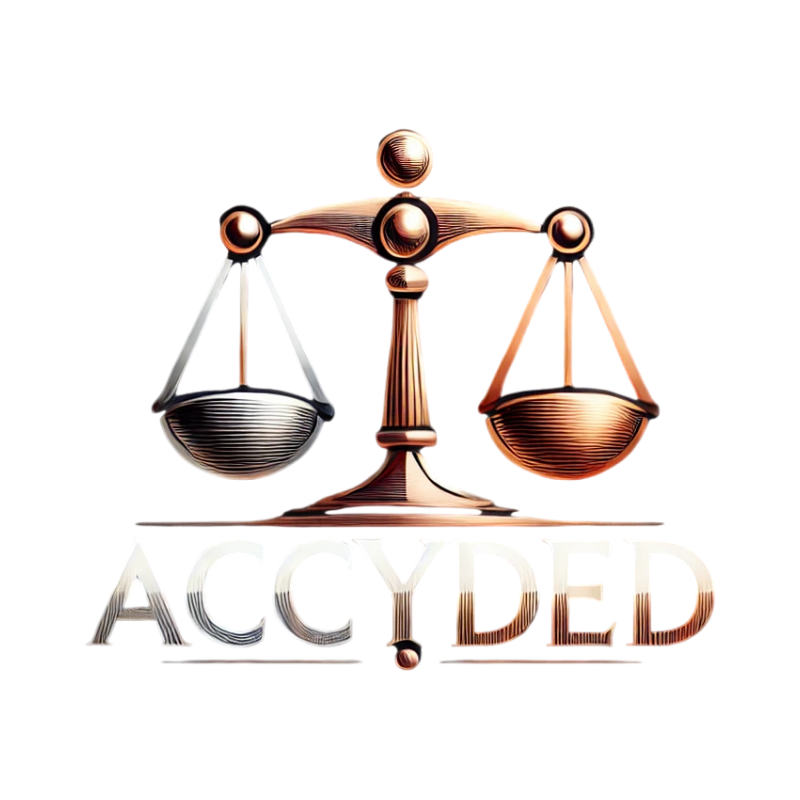Monarchy and dictatorship are extreme hierarchical systems that represent clear examples of excessive concentration of power in a single person or a small elite group: North Korea, Afghanistan, Cuba... are current examples. There are other so-called "democratic" countries where hierarchical structures continue to exist that, in practice, undermine the principles of plurality, transparency and control that should define a true democracy. It is grotesque and deeply disheartening to observe how these "de facto hierarchical" systems perpetuate vices: concentration of power, corruption and lack of accountability. Current examples are: Venezuela and Russia, ... and Spain also?
1. The Executive Branch: Hierarchy and Dependence
The executive branch, which includes ministries such as the public prosecutor, the military, and the state security forces, operates under a deeply hierarchical structure. This means that its decisions ultimately depend on the central government. Although this centralization may seem functional for decision-making, it also presents significant risks. The hierarchy limits the independence of these institutions and encourages political subordination, which reduces their ability to act impartially and in the general interest.
When these structures are at the service of the interests of those who govern, an environment conducive to the abuse of power and lack of transparency is created, weakening the principle of separation of powers.
2. The Legislative Branch: Pluralism in Crisis
The legislative branch, which should be a space for plurality and democratic debate, suffers from a deep structural problem: the shared interest of the main political parties in maintaining or alternating in power. This oligarchic functioning makes deep and necessary reforms in its structure practically impossible, since they would imply putting its own system of privileges at risk.
For example, the system of closed and blocked lists favors party discipline over the direct representation of citizens. This reinforces the hierarchy within political parties, where decisions are made at the top and parliamentarians become mere executors of higher orders. Instead of representing its voters, the legislature operates as an extension of the executive, consolidating power in a few hands.
3. The Judiciary: An Independence in Question
The judiciary should be the pillar that guarantees impartiality and independence in a democratic system. However, its hierarchical structure and the privileges granted to it, such as immunity, question its true independence. The privileged status of judges and magistrates, which prevents some judges and magistrates from being investigated or tried by ordinary courts, creates a sense of impunity that undermines public confidence in justice.
Furthermore, the selection and appointment process of the highest bodies of the judiciary, such as the General Council of the Judiciary (CGPJ), is deeply politicized. This creates the perception that judges are more concerned with maintaining good relations with political parties than with defending justice and the rule of law.
4. The Press and the Ombudsman: Domesticated Watchdogs
In a healthy democracy, the press and the ombudsman should act as essential counterweights, monitoring and denouncing abuses of power. However, in Spain, the press is largely dependent on government funding, which limits its independence. When the media become allies of power instead of questioning it, one of the essential pillars of democracy is lost: the right to free and truthful information.
The ombudsman, although formally elected by the Cortes Generales, often acts as an instrument of the dominant oligarchic group, rather than representing the interests of citizens. This lack of autonomy reinforces the perception that institutions are designed to perpetuate the status quo, rather than to defend the rights and freedoms of individuals.
5. The Constitutional Court: The Guardian of Immobility
The Constitutional Court, charged with ensuring compliance with the Constitution, should be the final counterweight in this system. However, its members, highly paid and selected in a politicized process, seem more concerned with maintaining immobility than with promoting changes necessary to strengthen democracy. This institutional passivity reinforces the feeling that the court does not act as an impartial arbiter, but as a protector of the interests of the established power.
Conclusion
Hierarchical structures in a democracy, whether explicit or covert, represent a serious danger to its functioning. Spain, like other countries, faces the challenge of transforming these hierarchies into more horizontal, transparent and participatory systems. Otherwise, the democratic system will increasingly move away from the ideals of plurality and justice, and closer to the vices of absolute monarchies and disguised dictatorships. True progress lies in dismantling these oppressive structures and building institutions that effectively serve the collective interest.





